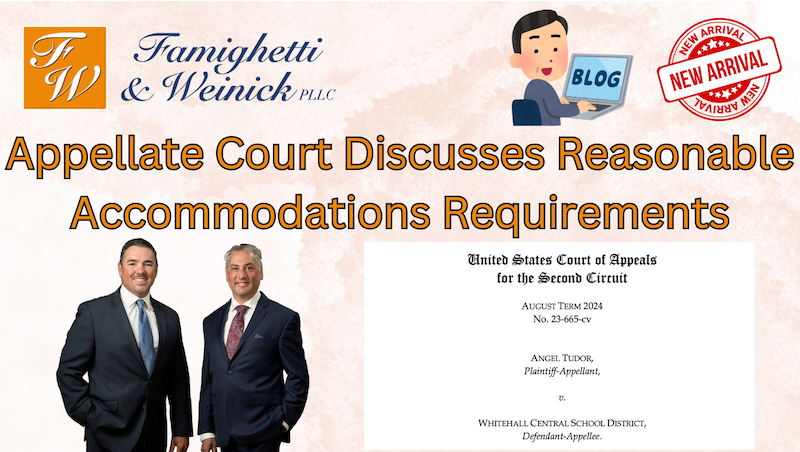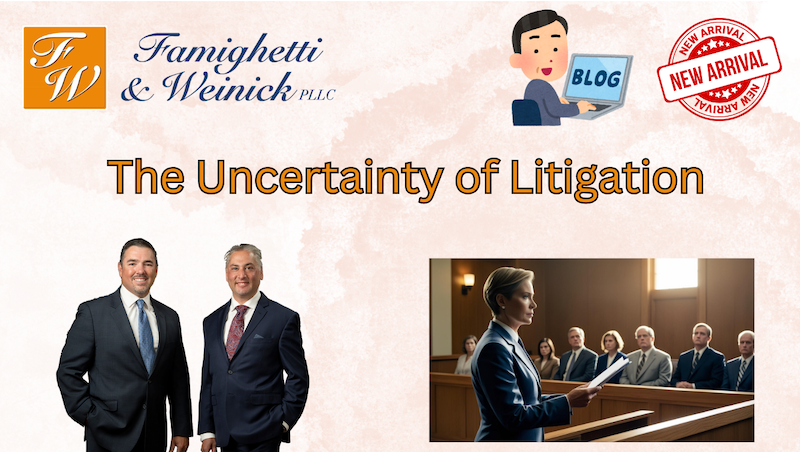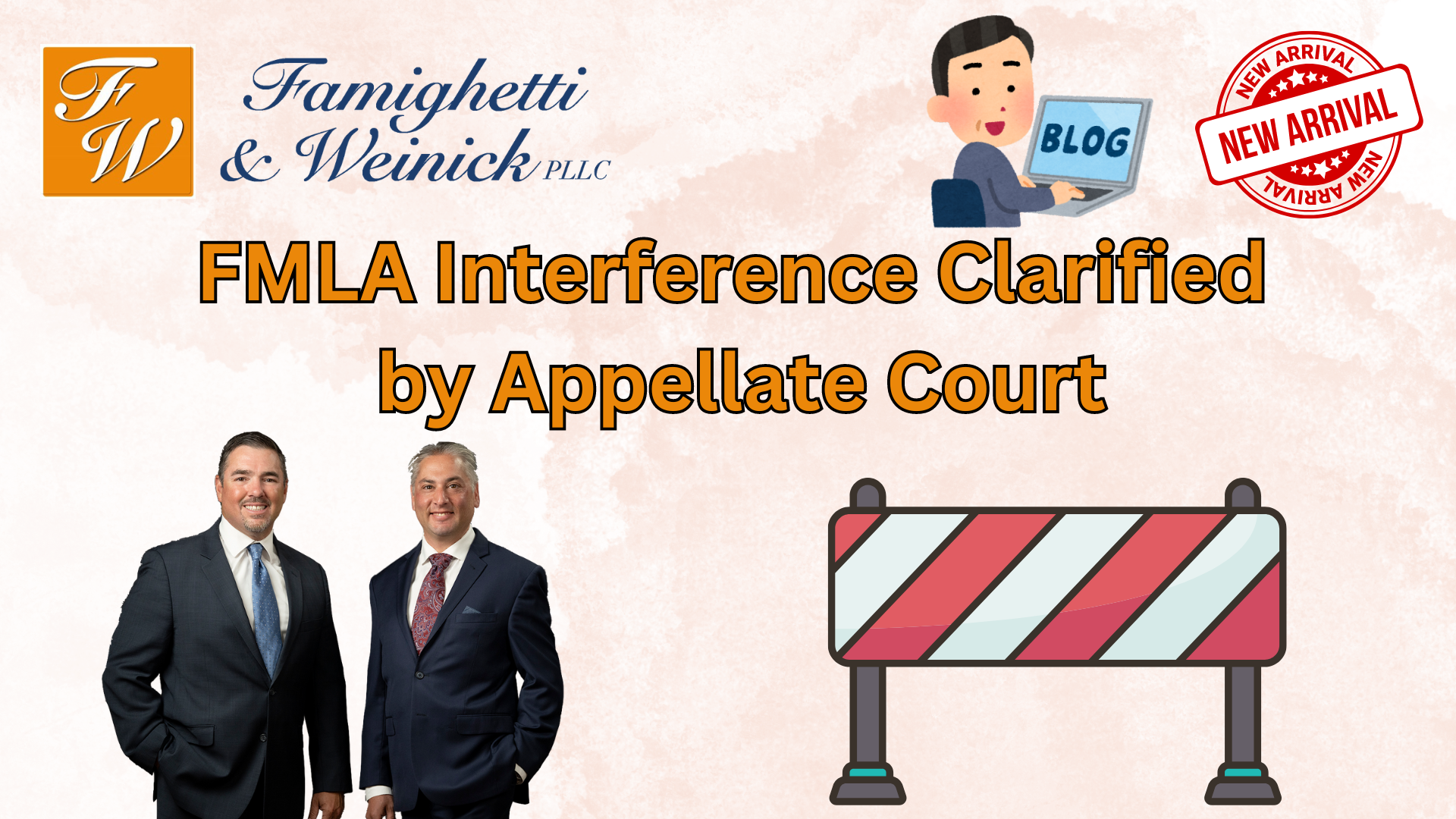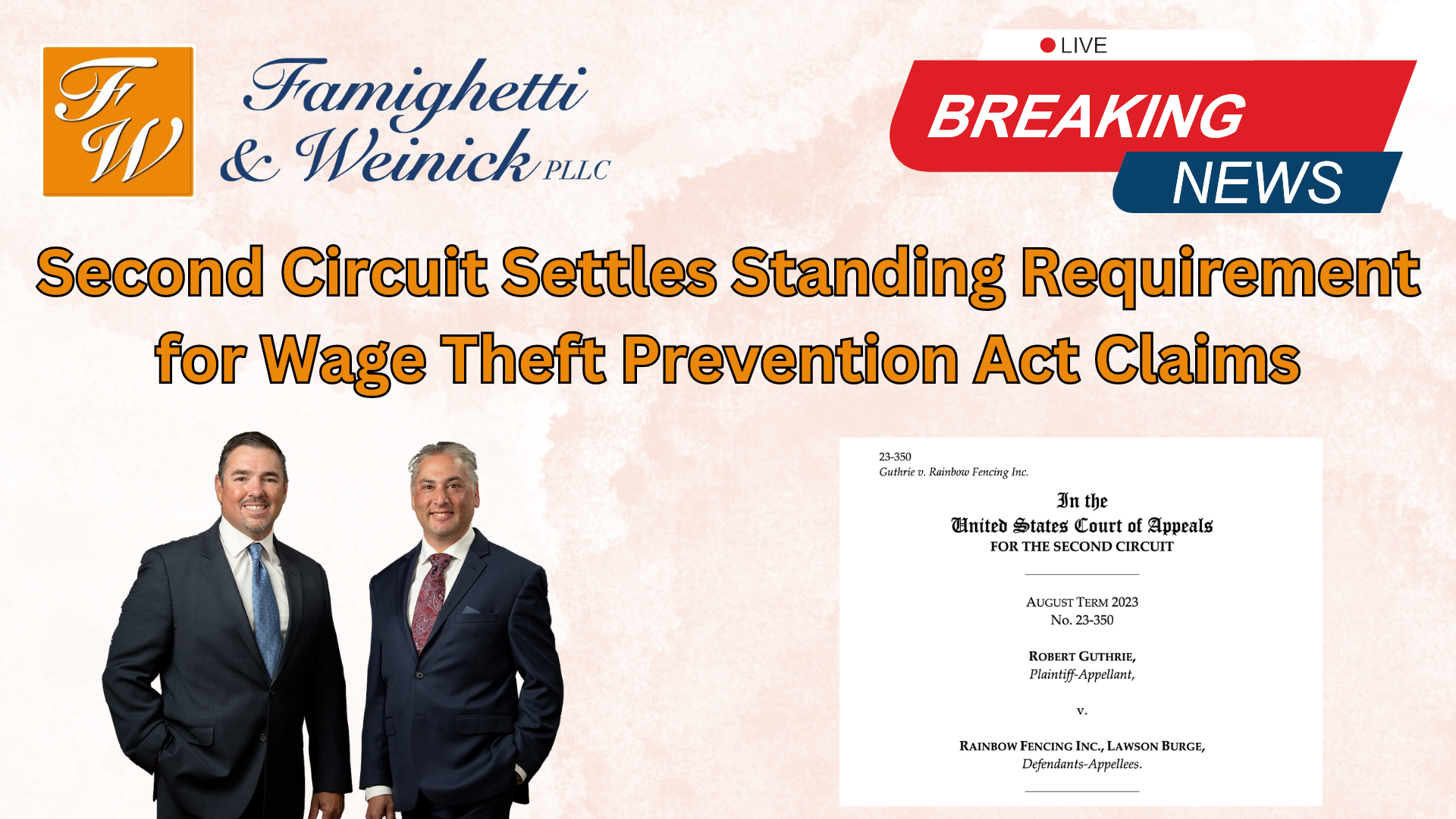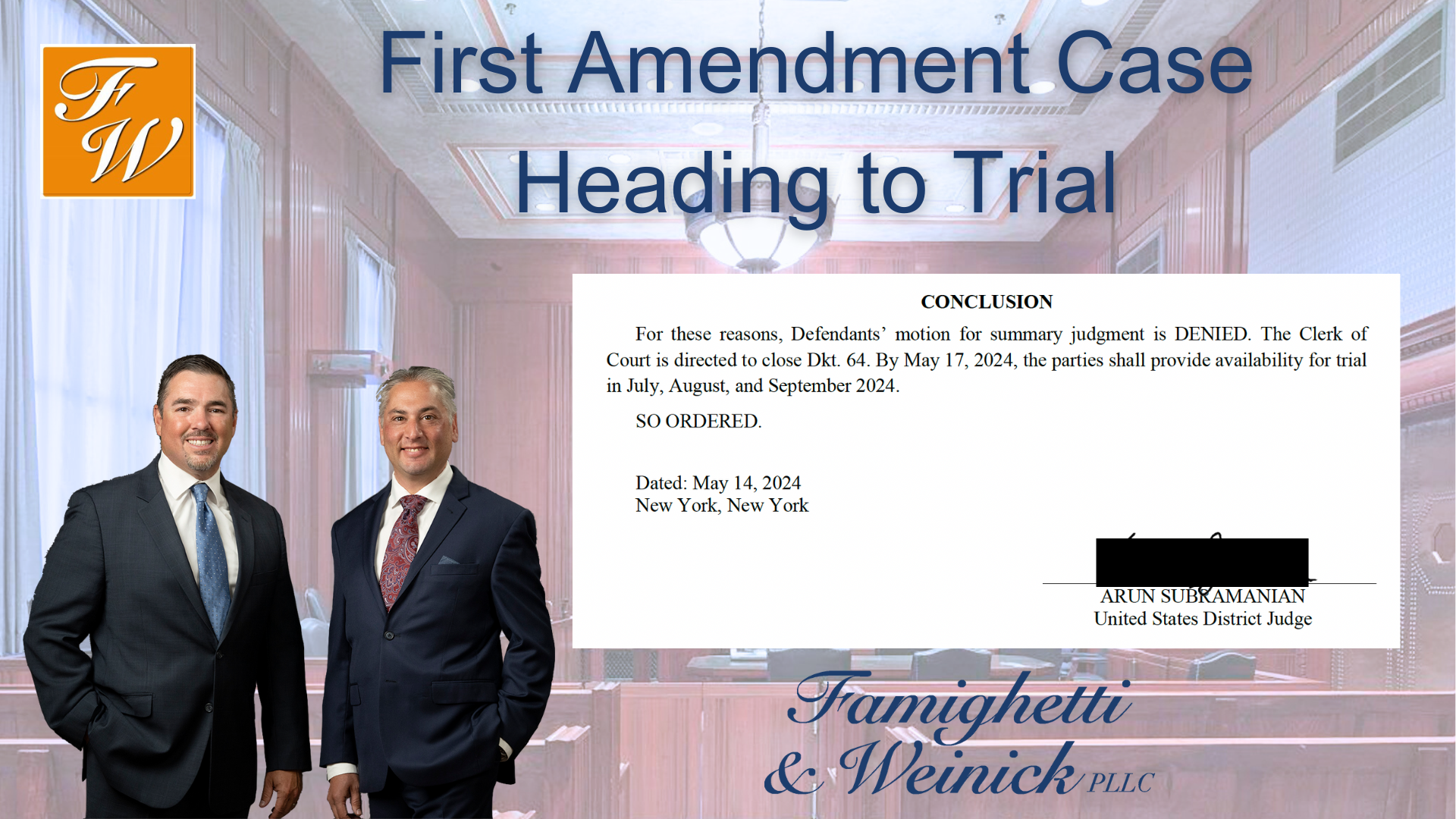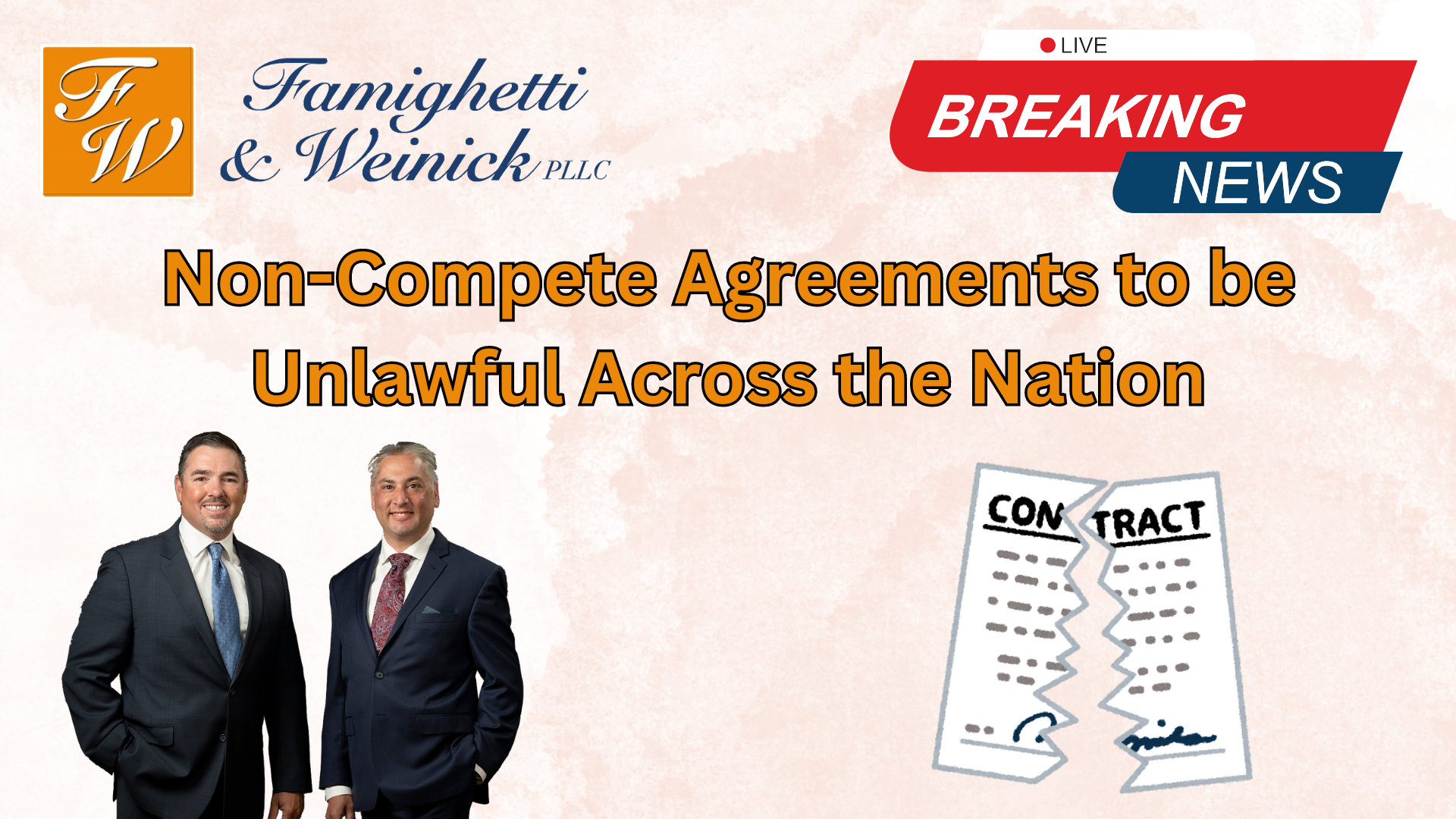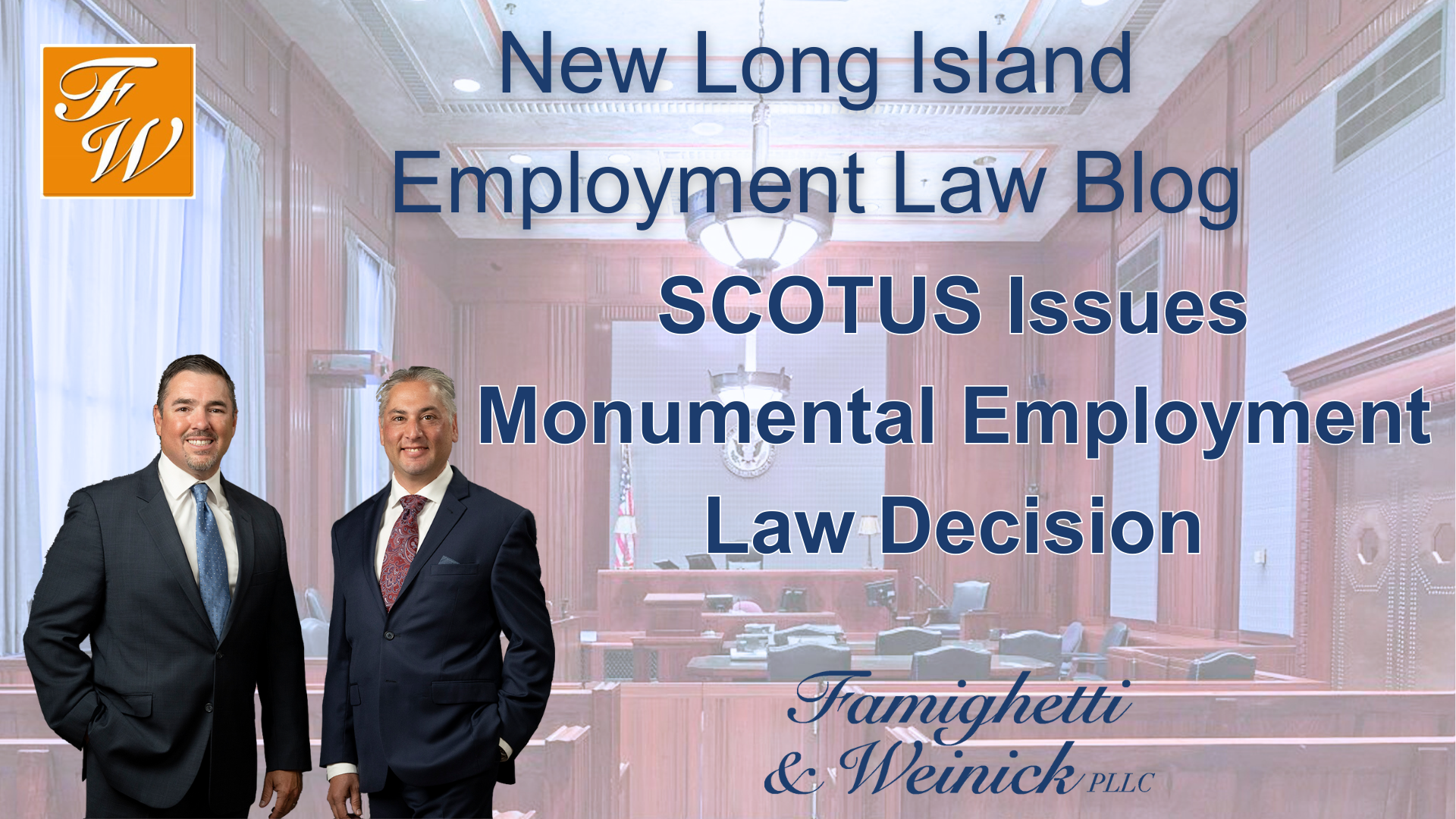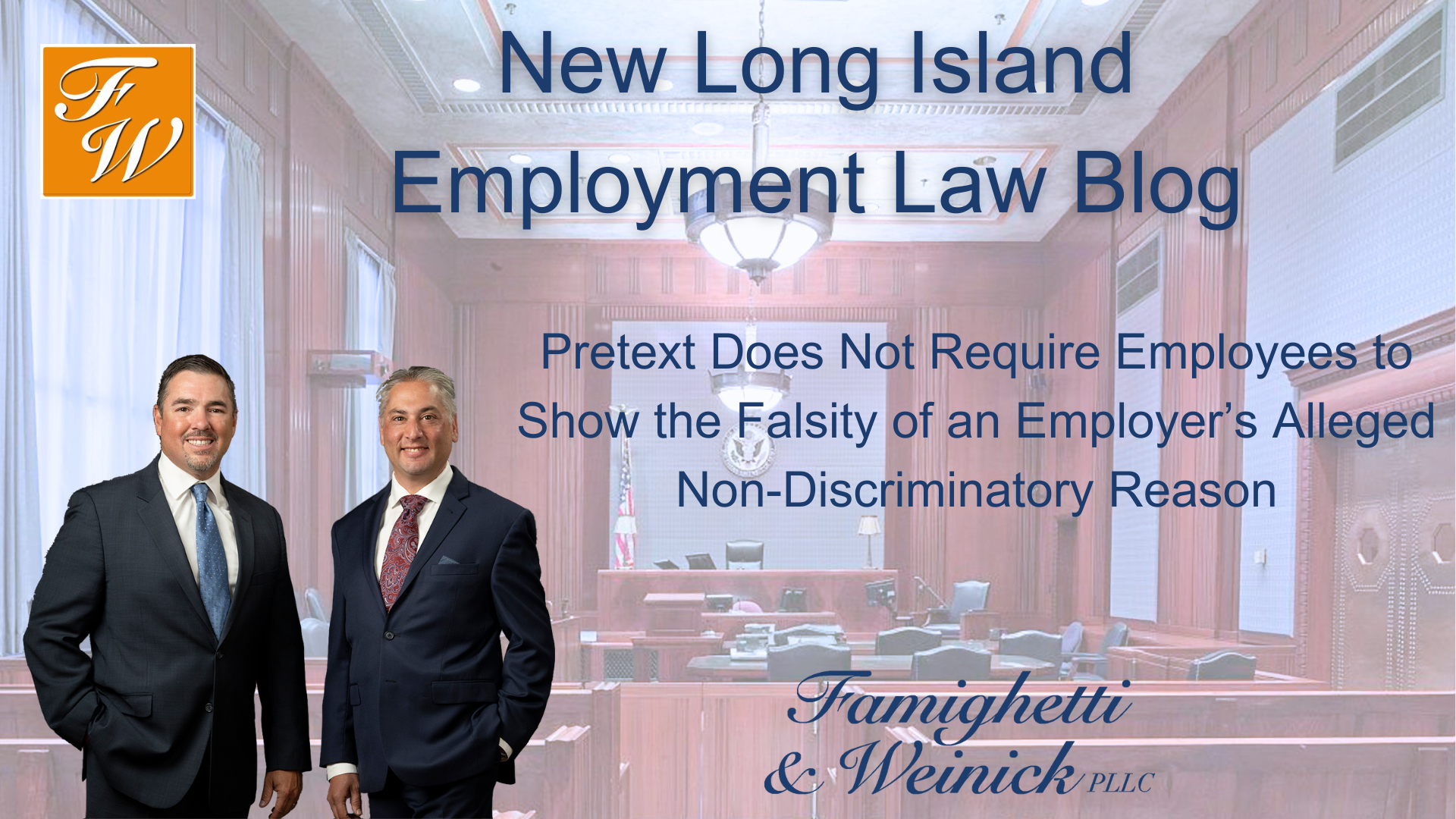The Americans with Disabilities Act requires, among other things, that employers provide reasonable accommodations to employees with disabilities. But, what if the disabled employee can perform the functions of her job without an accommodation? Does the ADA still require the employer to provide an accommodation? The Second Circuit Court of Appeals in New York discusses…
Continue reading ›Your Side









